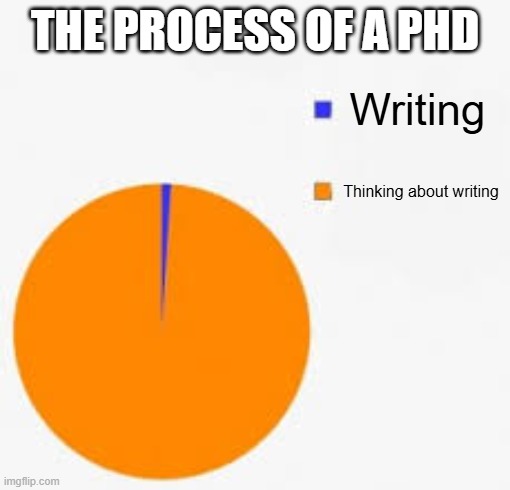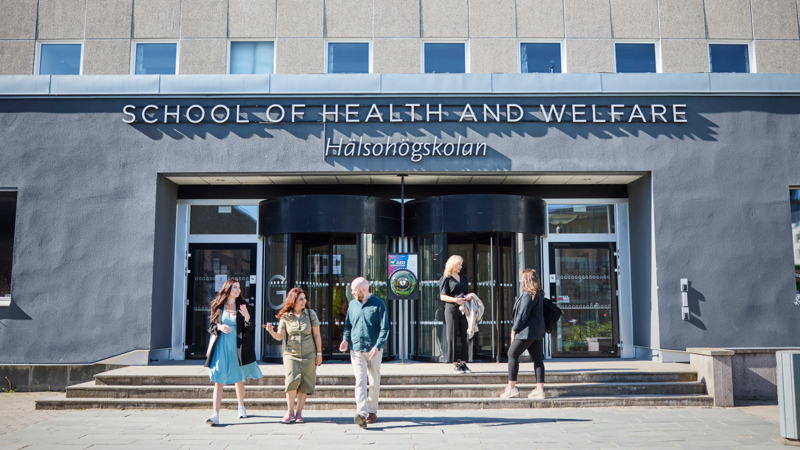When Science and Technology meet the Law
The unprecedented growth of science and technology experienced in the last decades raises pressing legal, ethical and social issues. Across the development of human history, the invention of new technological tools and new scientific instruments have often resulted in profound transformations in society. In particular, our own historical period is characterized by technologies that have the capacity to transform and affect not just their own industry but entire industrial sectors of the global economy constituting an essential element for the development and use of other technologies. A perfect example of this interaction is provided by information technologies and modern biotechnologies. Both these technologies have changed the nature of society and the people’s way of life.

But advances in science and technology have also raised new legal questions. In a world where biotechnologists regularly apply for patent protection for genes they identify, what remains of the notion of “nature”? –at the same time- for a better respect of individual users’ freedom to express themselves, to access and share content, culture, information and to innovate and create? At the centre of all these questions, there is nearly always a tension between respecting the rights of the individual and the rights of the community.
I have always been fascinated by the possibility to couple a humanistic topic like law with science and technology, combining two of my biggest interests in a single work. Finally, few months ago (June 2016), I finished writing and published ”The Impact of science and technology on the rights of the individual”. Writing this book helped me to put together two topics about which I am passionate, working on emerging scientific and technological developments and their associated regulatory implications. At the same time, it offered me the opportunity to address the many questions arising from the increasingly prominent role that science and technology play in our daily lives.
Science and technology are in fact inseparably intertwined with the ways we communicate, work, move, socialize and take care of our health. Science and technology are also naturally and essentially based on open and collaborative standards. They are international because scientific facts and principles are universal. As a consequence, also their regulation must be based on the same characteristics. In order to obtain benefits from science and technology we need public policies and legal instruments that provide the appropriate enabling environment. The absence of an appropriate and well balanced new legal framework constitutes the most serious obstacle to this development. At the same time, technological and scientific developments also drawn attention to the necessity for new rights to be acknowledged or even old ones reinterpreted in light of the contemporary context.
Scientific discoveries and technological innovations are at the root of the progress made in many areas. Scientific research and technological innovations are also crucial factors in implementing changes in society and in the economy. In particular, advances in fields like medicine, biology, chemistry, information technology, and telecommunications have wrought a Copernican revolution into our daily lives. These are fascinating subjects, but they also have many ethical, legal and social implications. One of the key problems is deciding what rights individuals should have with regard to new technology’s impact on social life. In fact, with the advancement of scientific discovery and technology development, so come concerns about their practical application and use. This rise of new legal questions involves an evaluation of the external boundaries of a specific right in the presence of other conflicting interests. Limitations to individual rights are often a necessary condition for their efficient functioning. This means that often the recognition of rights and freedoms of others is not just a limit, but also a condition for the freedom of all. In addition, individual freedoms are often in conflict. As a consequence, there is always the possibility that some individual might be constrained or impeded in the exercise of his rights by the exercise of someone else’s rights. Let us consider, for example, the protection of the environment versus right to property; censorship versus right to expression, freedom of speech versus right to privacy etc. It means that in many cases, this conflict of rights makes necessary the intervention of a court to balance the opposing interests using impartial criteria.
This theme is currently very evident in respect of some of the “claims” that are being made in the areas of biological and life science, healthcare and information technology.
Considering this multi-layered scenario, the aim of this book is to examine the latest trends in science and technology policy exploring ways in which these technologies are used and the legal consequences of these uses on individuals and society. In particular, it tries to draw provocative parallels and analogies between the regulative rules of technologies for the biological and communicative fields. The nature of contemporary biotechnology and the enabling role of communication technologies have in common many shared features which can properly demonstrate the link that connects these two apparently far domains.
The red thread connecting these two apparently distinct areas is represented by the expansive intellectual property protection and enforcement measures incorporated in recent legislations. In order to overcome these threats and address these challenges, the book attempts to propose some new global intellectual property strategies for informational and knowledge-based assets.
Obtaining benefits from science and technology depends also on public policies and legal instruments that provide the appropriate enabling environment as well as from the level and quality of the information and communication technologies infrastructure that permit the flow and dissemination of knowledge and information. The absence of an appropriate and well balanced new legal framework constitutes the most serious obstacle to this development.
My hope and my desire is that this book may be helpful not only to those who have a personal or professional interest in the protection and consumption of technology-based intellectual assets but also to those who are involved in the development or implementation of public policies and the regulation of scientific and technological advances.
N. Lucchi, The Impact of Science and Technology on the Rights of the Individual, Springer, 2016, pp. XII-223 (ISBN 978-3-319-30439-7)

Nicola Lucchi
Associate Professor
Head of Discipline
Law , Jönköping International Business School
Detta är en bloggtext. Det är skribenten som står för åsikterna som förs fram i texten, inte Jönköping University.





